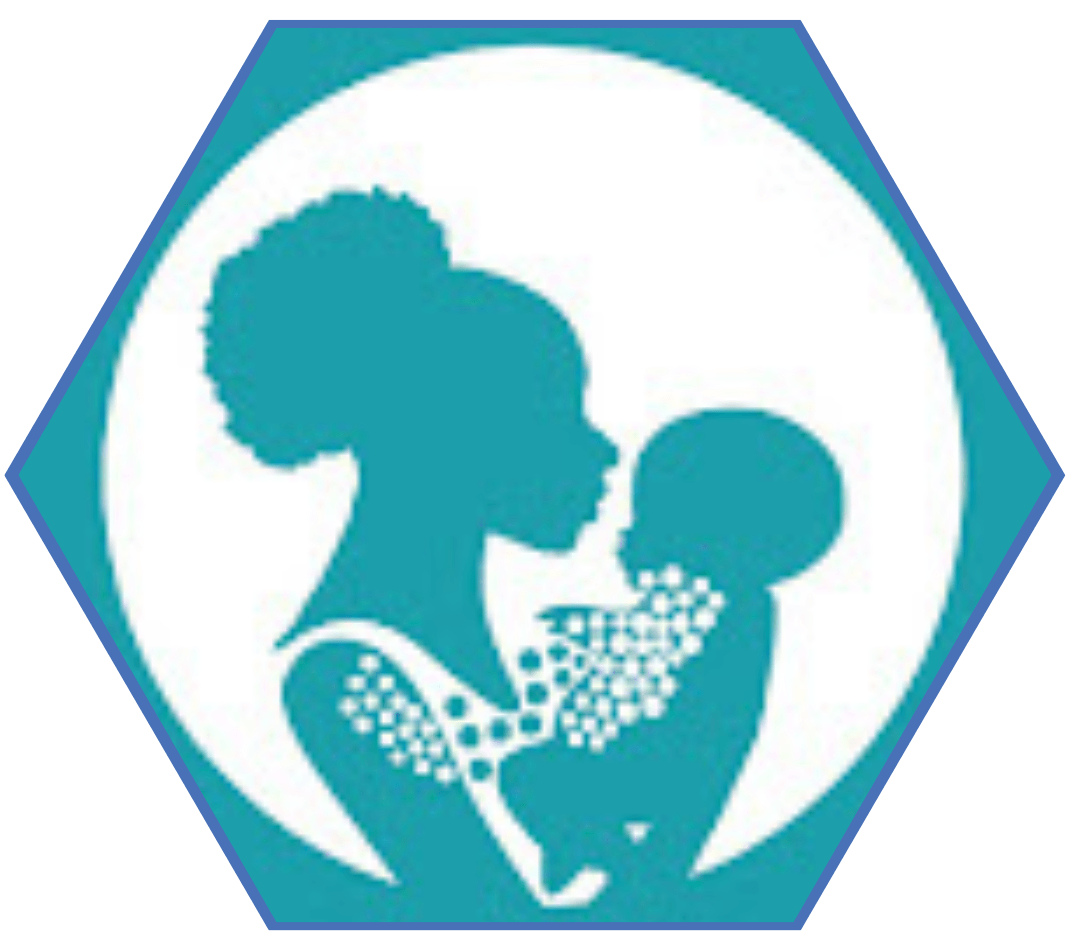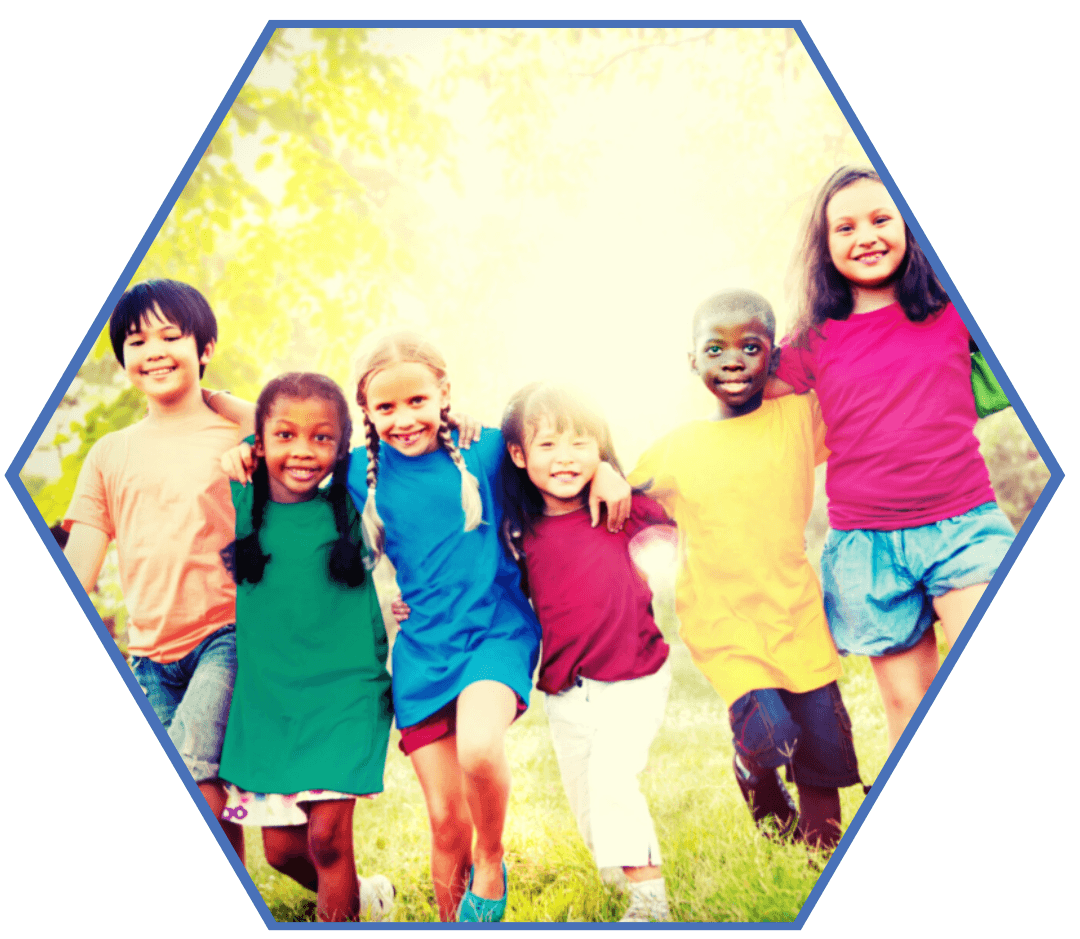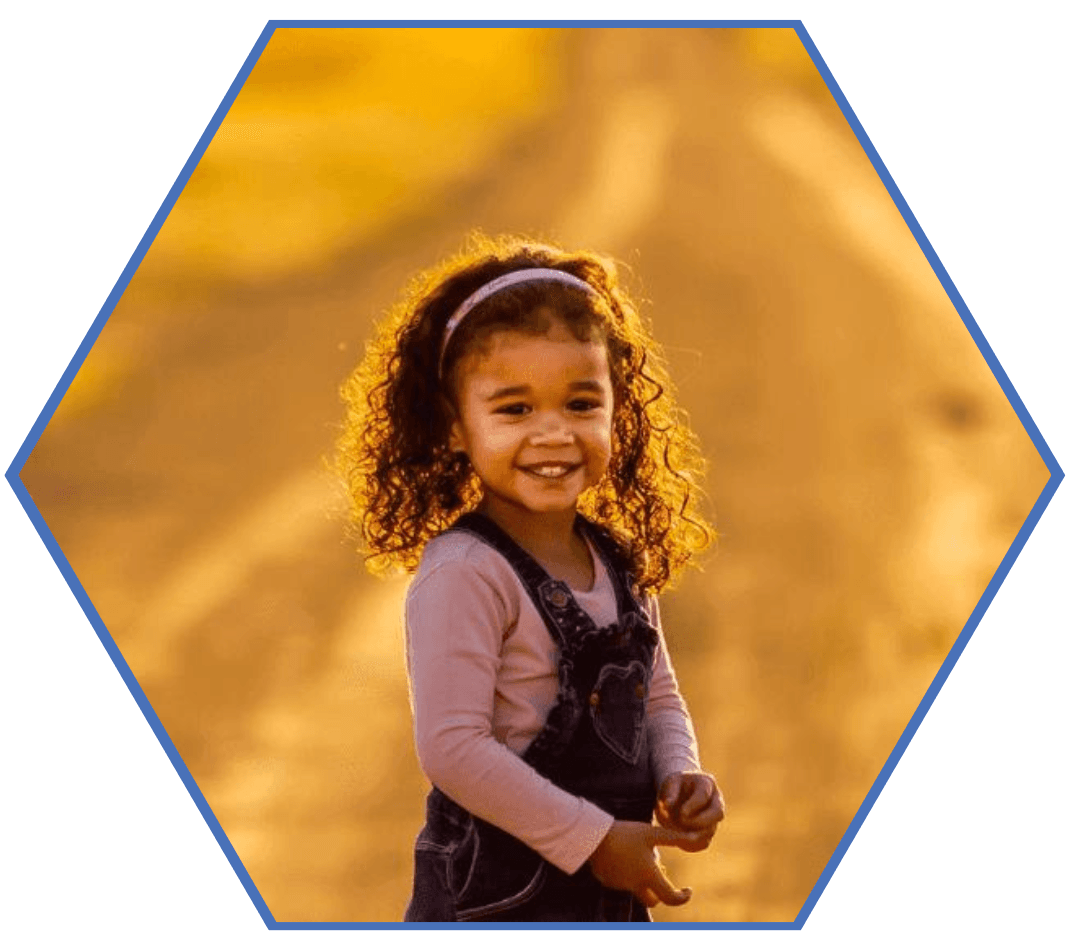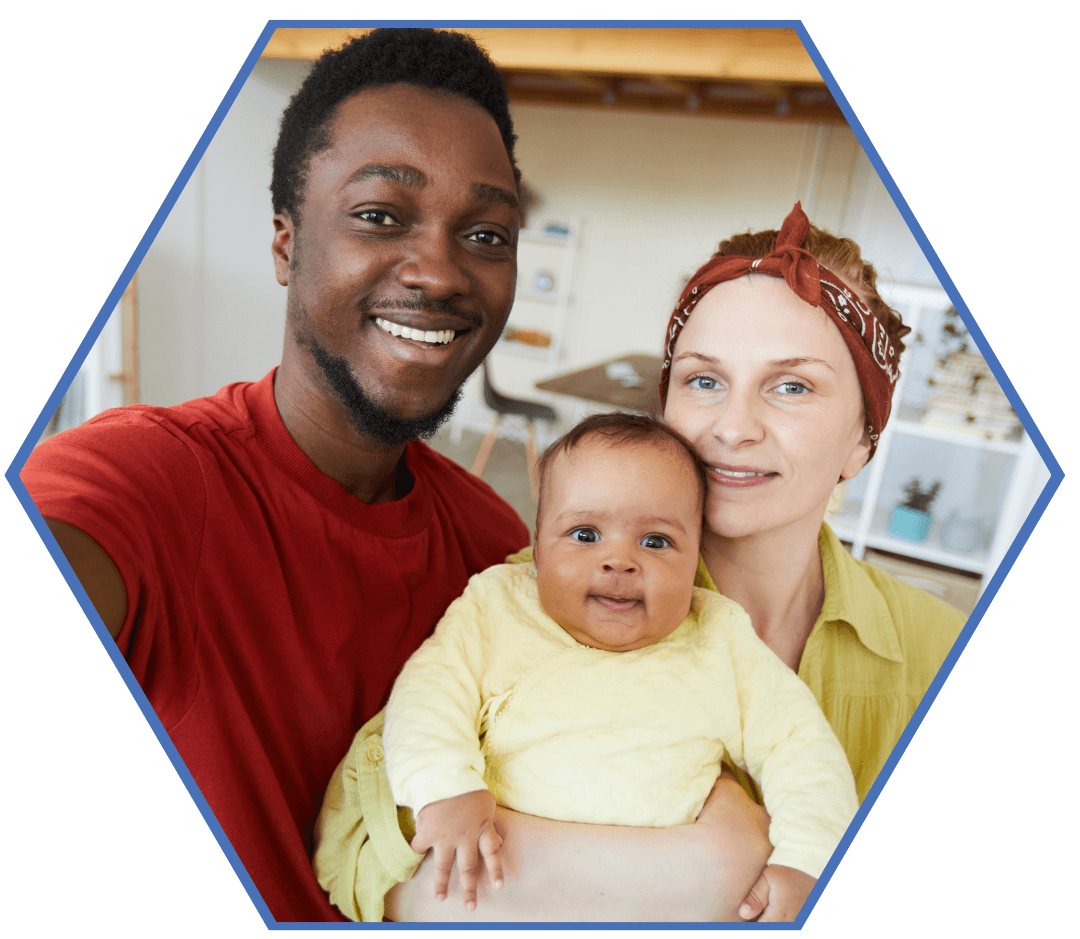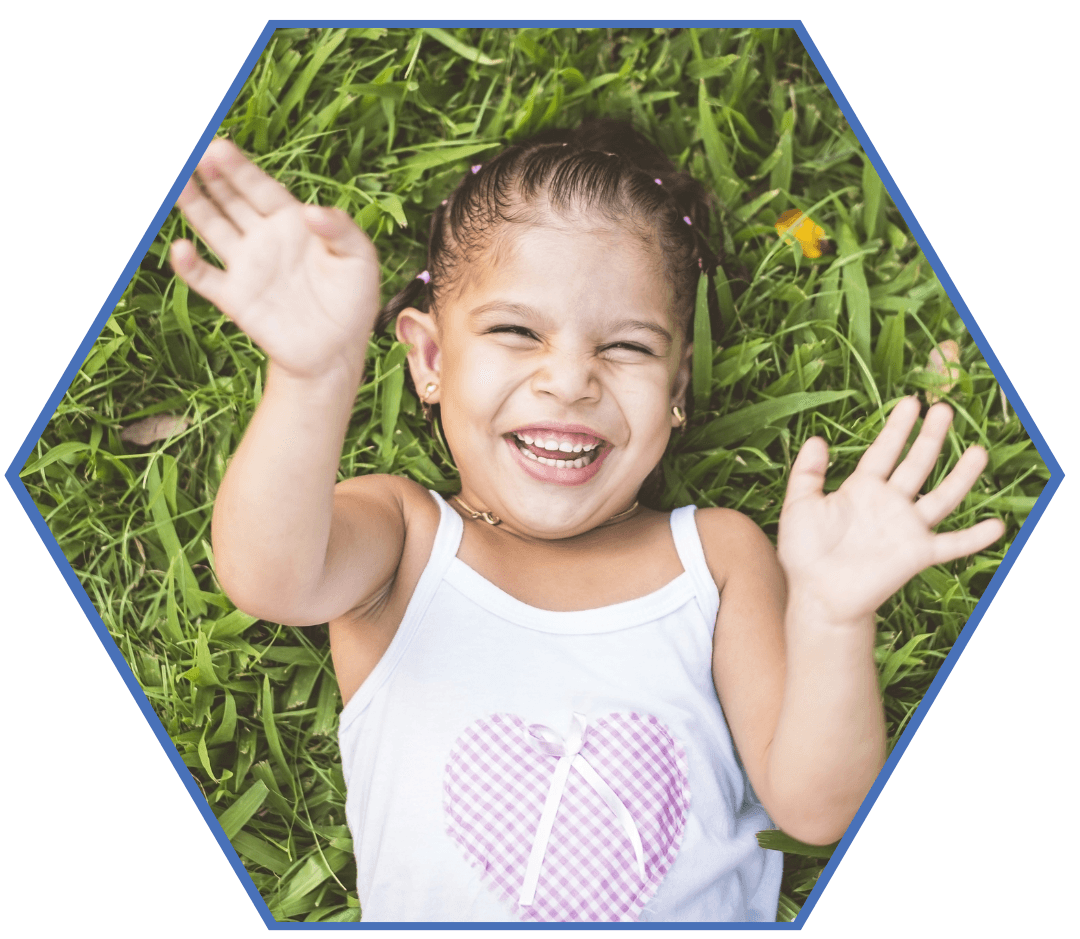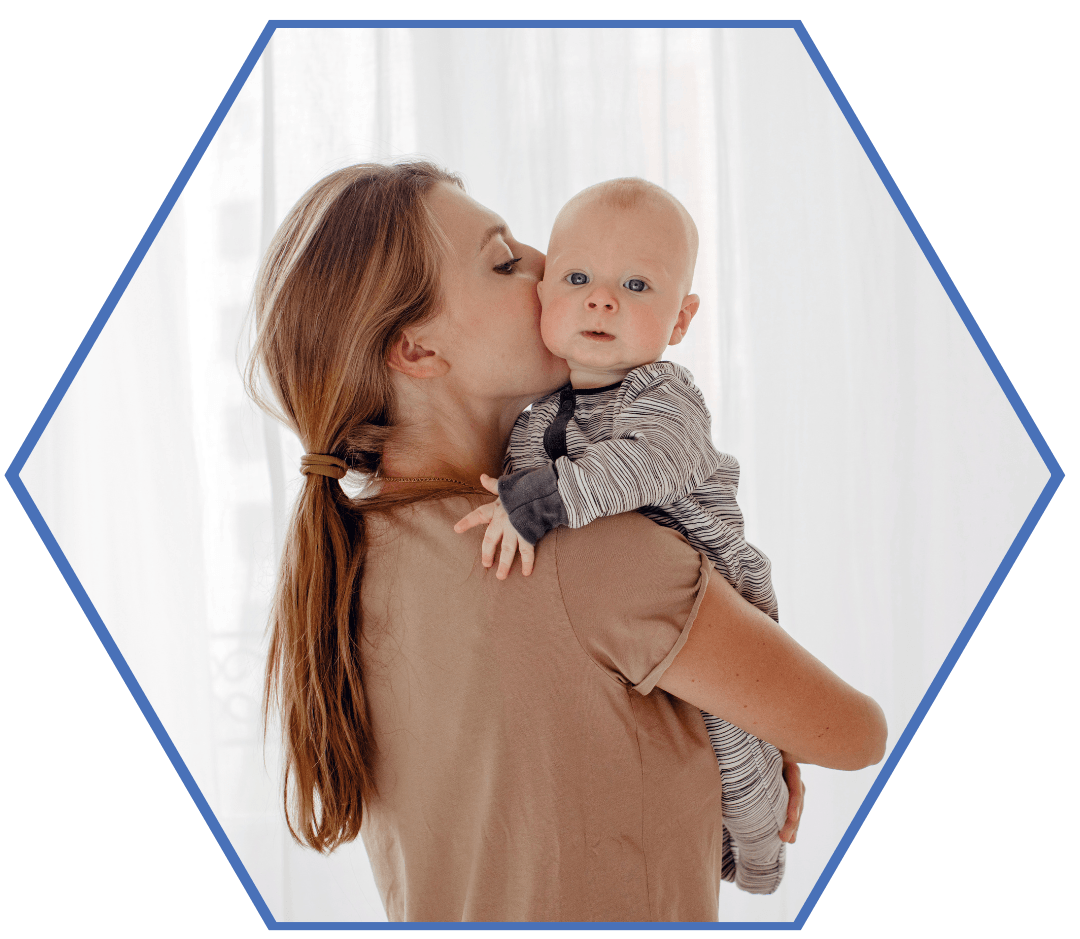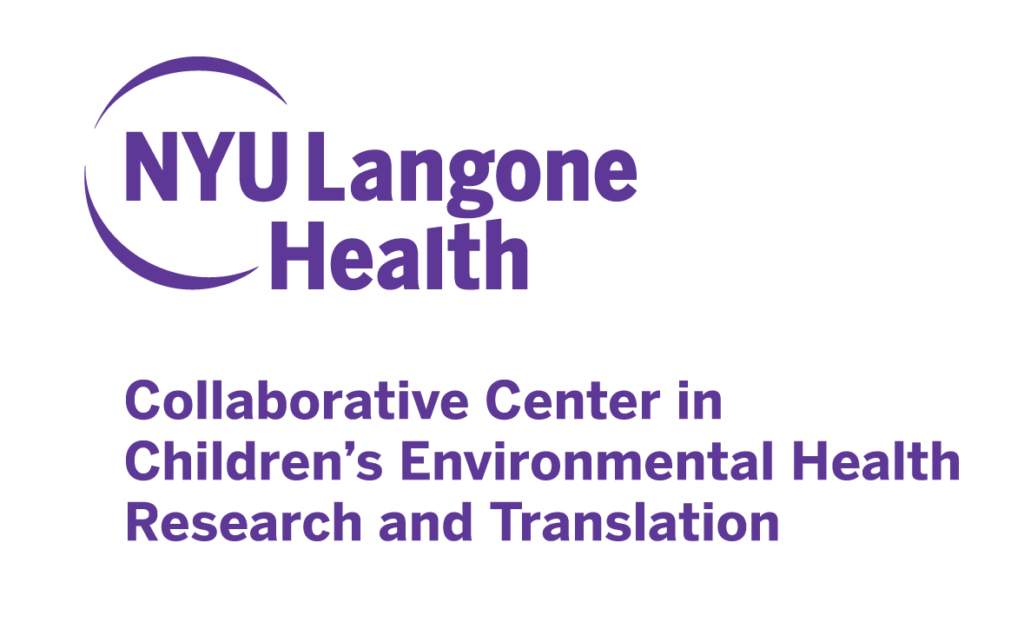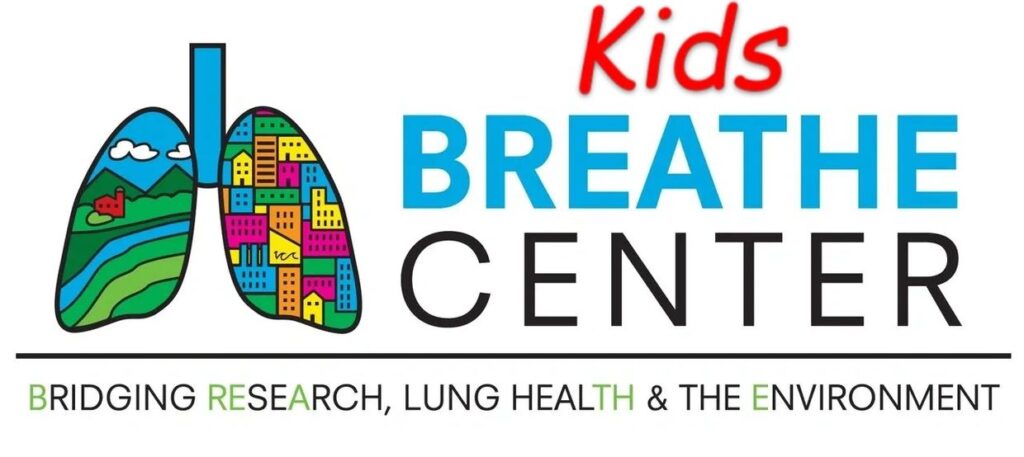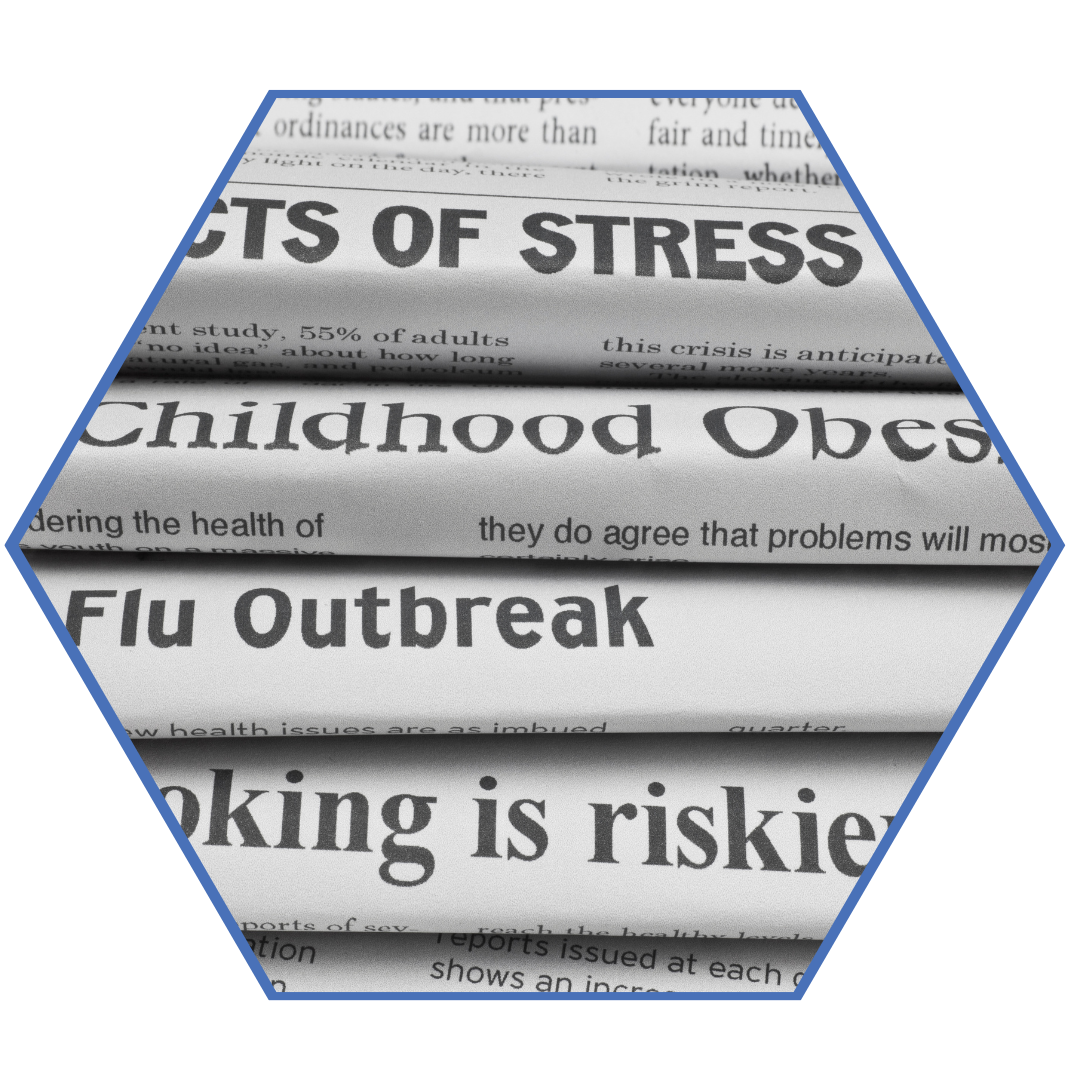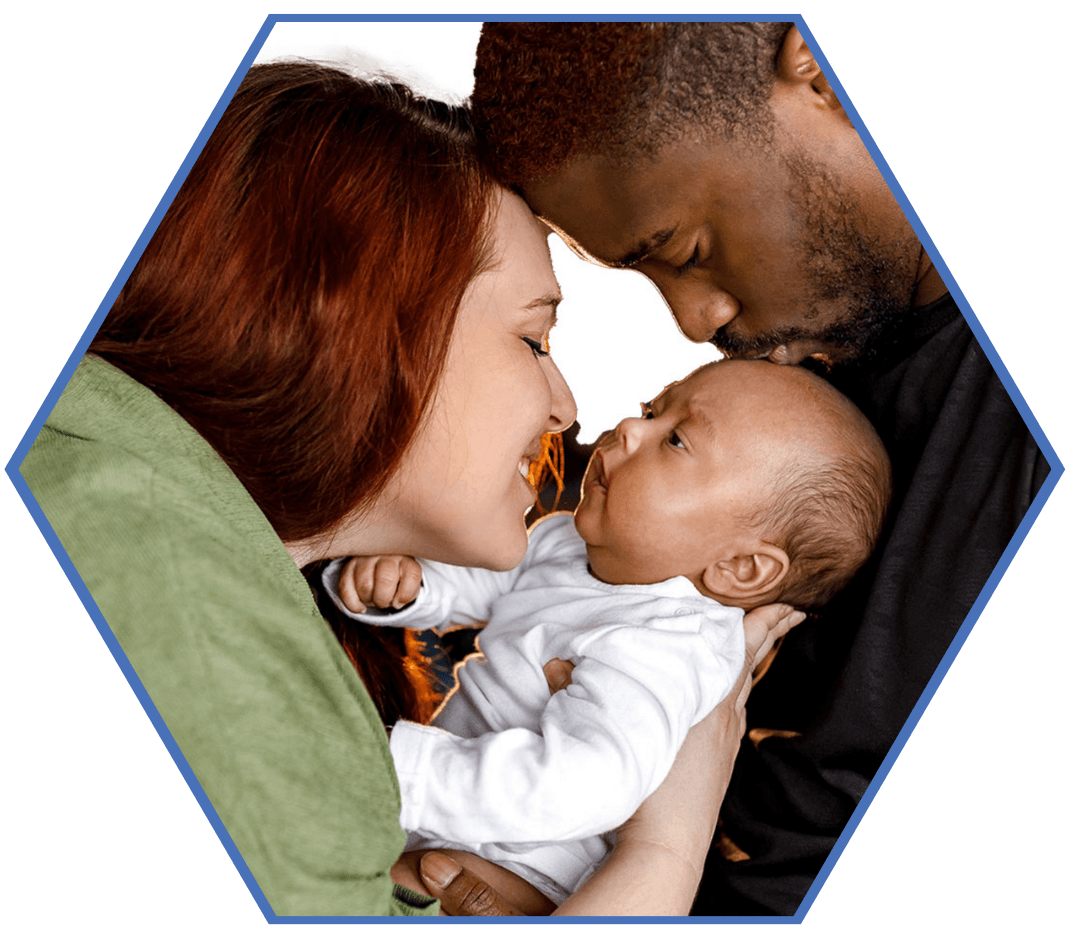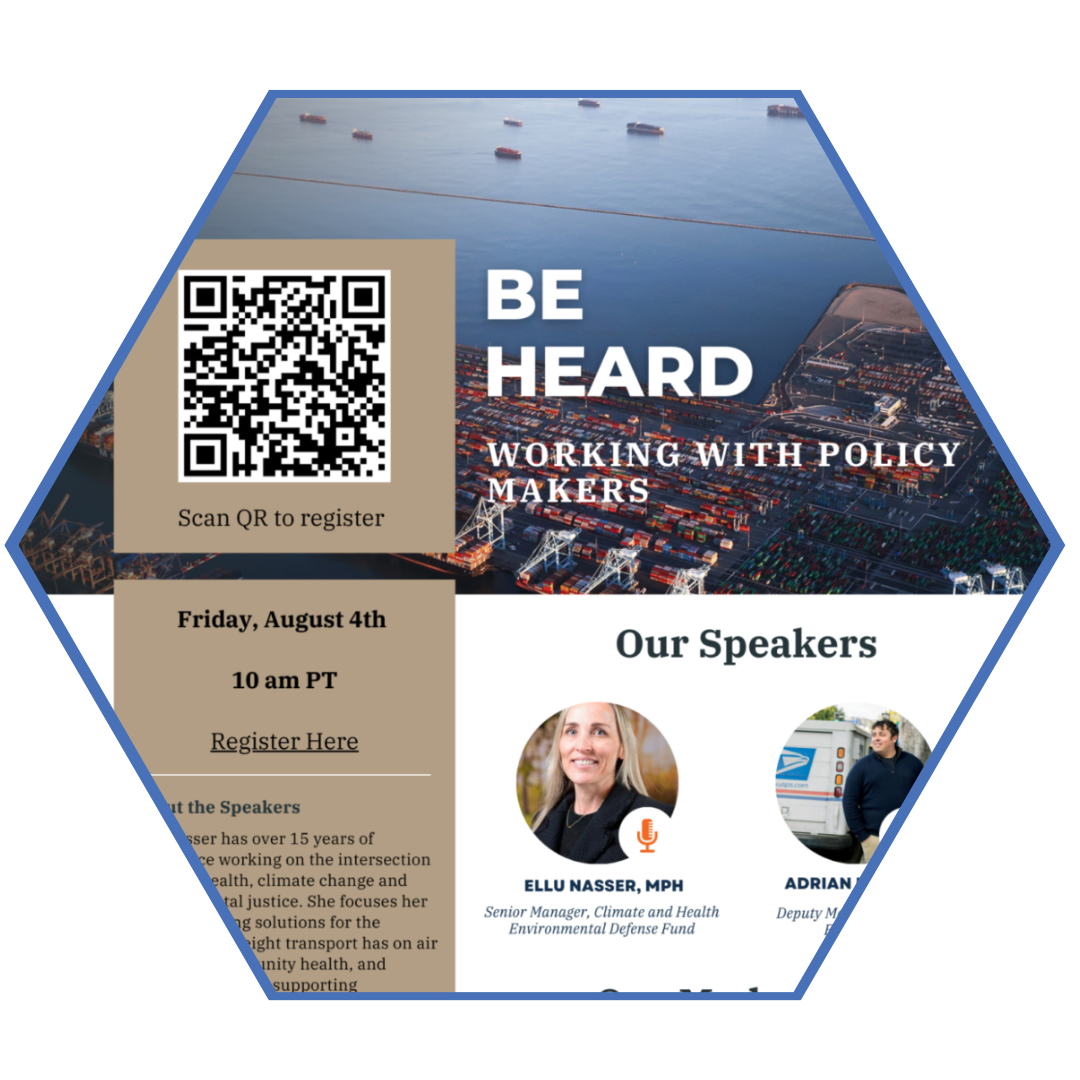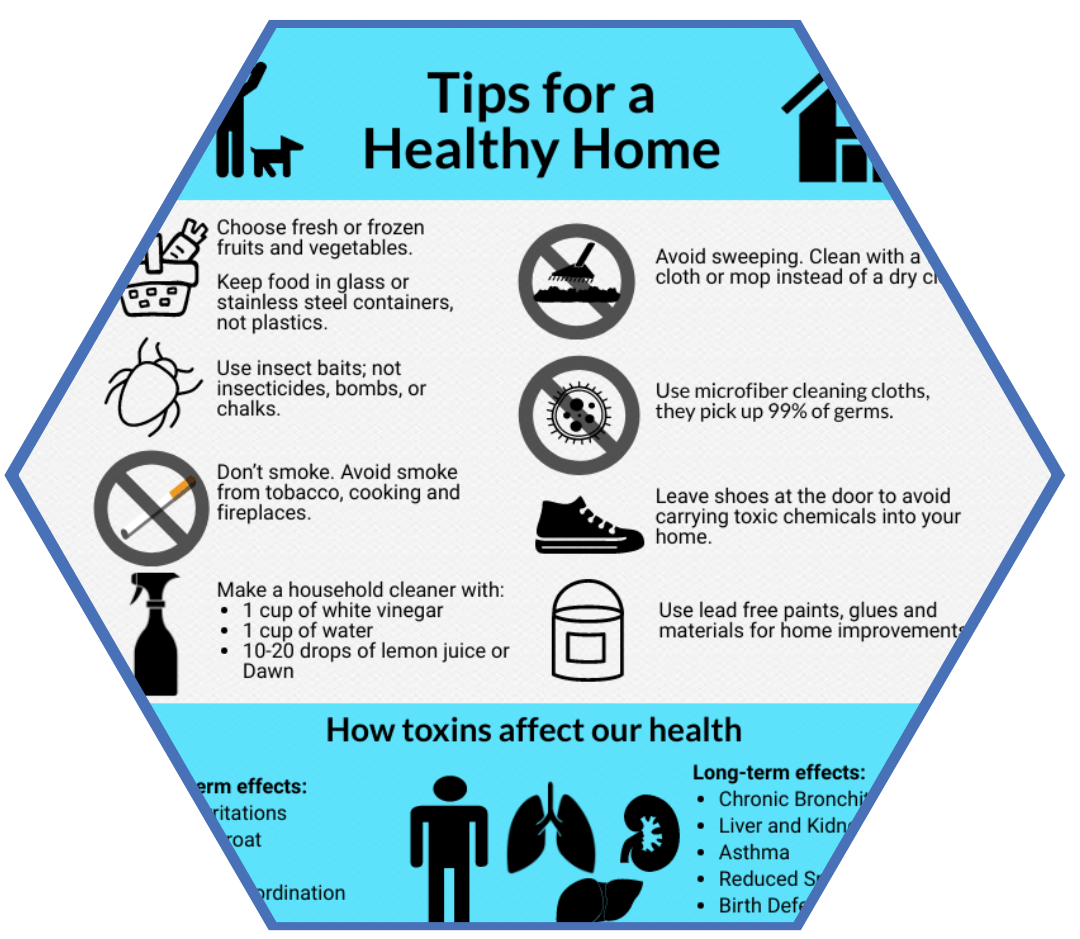Resources
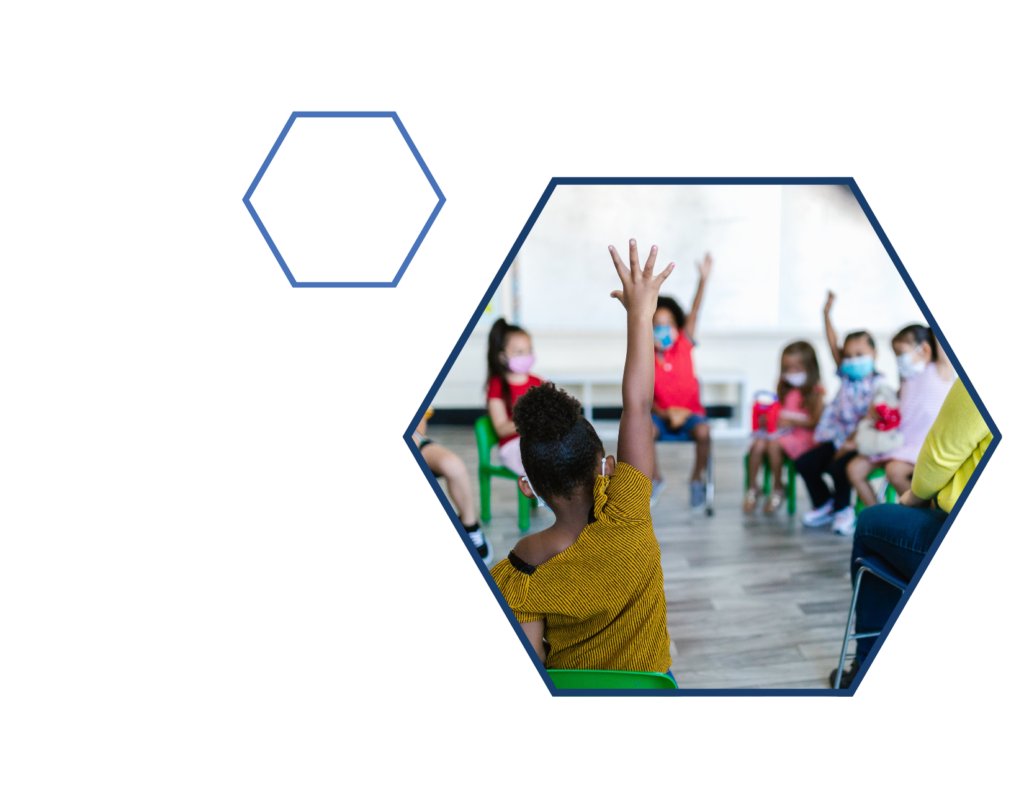
The CEHRT Capitol Hil Briefing slides for the Capitol Hill Briefing held on September, 27th 2023. The briefing focused on how the CEHRT Centers are moving science into action to protect kids.
Speakers: Dr. Richard Woychik, Nsedu Obot Witherspoon, Sara Jones, Dr. Meredith McCormack, Gillian Smith, and Dr. Lorna Thorpe.
Learn about the different NIEHS CEHRT centers, and their expertise in children’s environmental health research, collaboration, and networking.
Children's Environmental Health Research and Translation Newsletters
This is bi-monthly newsletter focuses on the work of the CEHRT Centers. Each issue highlights news from the Network, including new resources, media coverage, events and activities, publications, key initiatives, and pilot project funding opportunities.
Sign up for newsletters
Newsletter archive
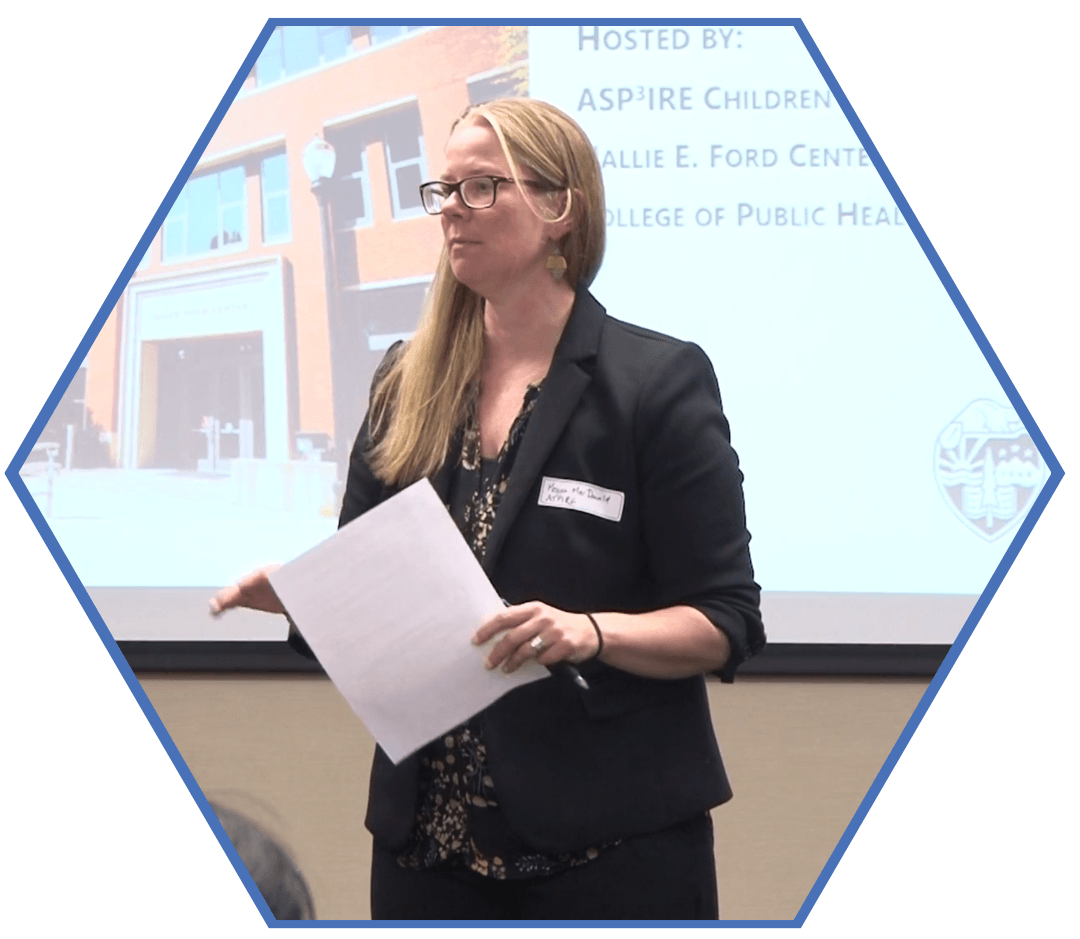
ASPIRE Ignite Talks
The Ignite Children’s Environmental Health Research Colloquiums are an opportunity to promote collaborations and stimulate thought between academia, community partners, and organizations in the field of children’s environmental health.
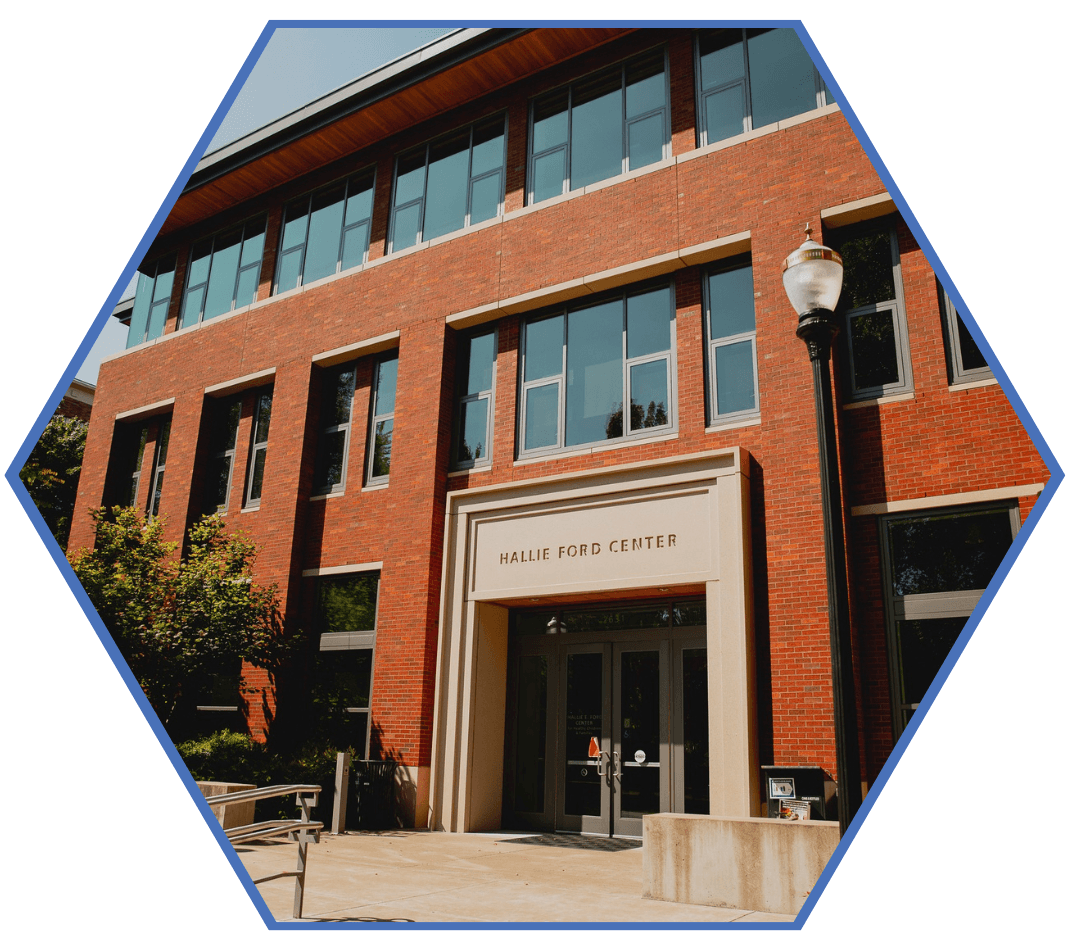
Webinar: The Power of Cooperative Extension
This webinar features two national Cooperative Extension leaders discussing the vital role of extension in research translation to promote health and well-being in communities.
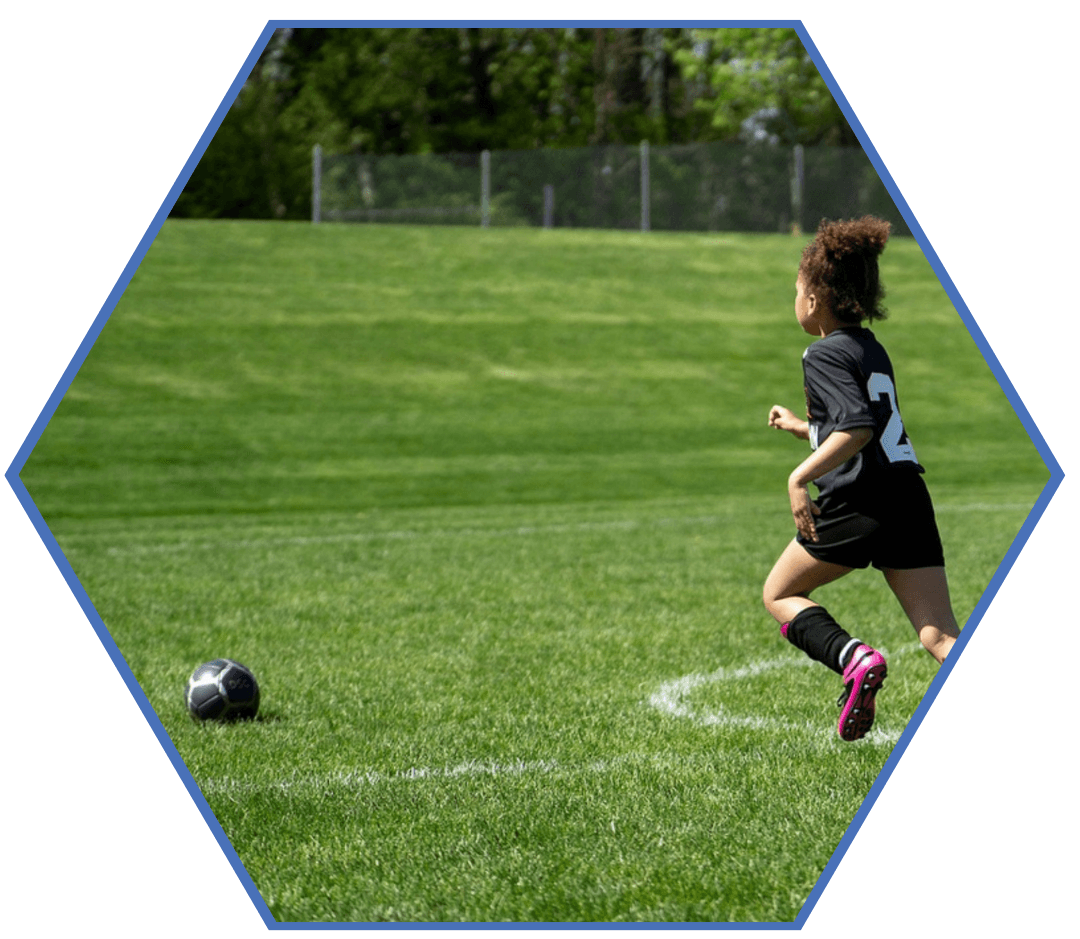
Safeguarding Athletes from Wildfire Smoke
This flyer provides you with the three (3) easy steps for determining when it's safe for athletes to practice outdoors.

ASPIRE Center Newsletters
List of the Center's past monthly newsletters.
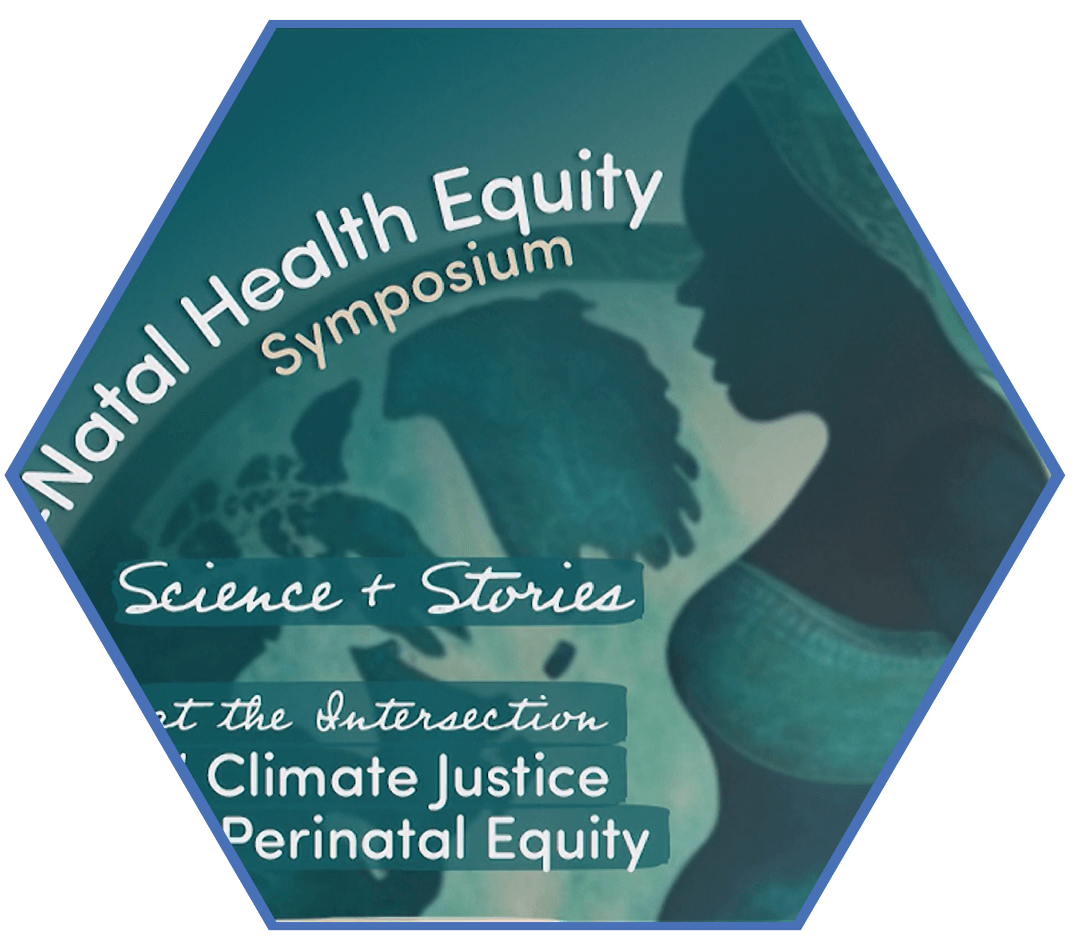
Nurturely Enviro-Natal Health Equity Symposium
Science and stories at the intersection of climate justice and perinatal equity.

Children’s Environmental Health Resource Library
Diverse collection of resources for parents, caregivers, educators, and healthcare professionals.

Emory Nursing Magazine - Fall 2022
This flyer provides you with the three (3) easy steps for determining when it's safe for athletes to practice outdoors.
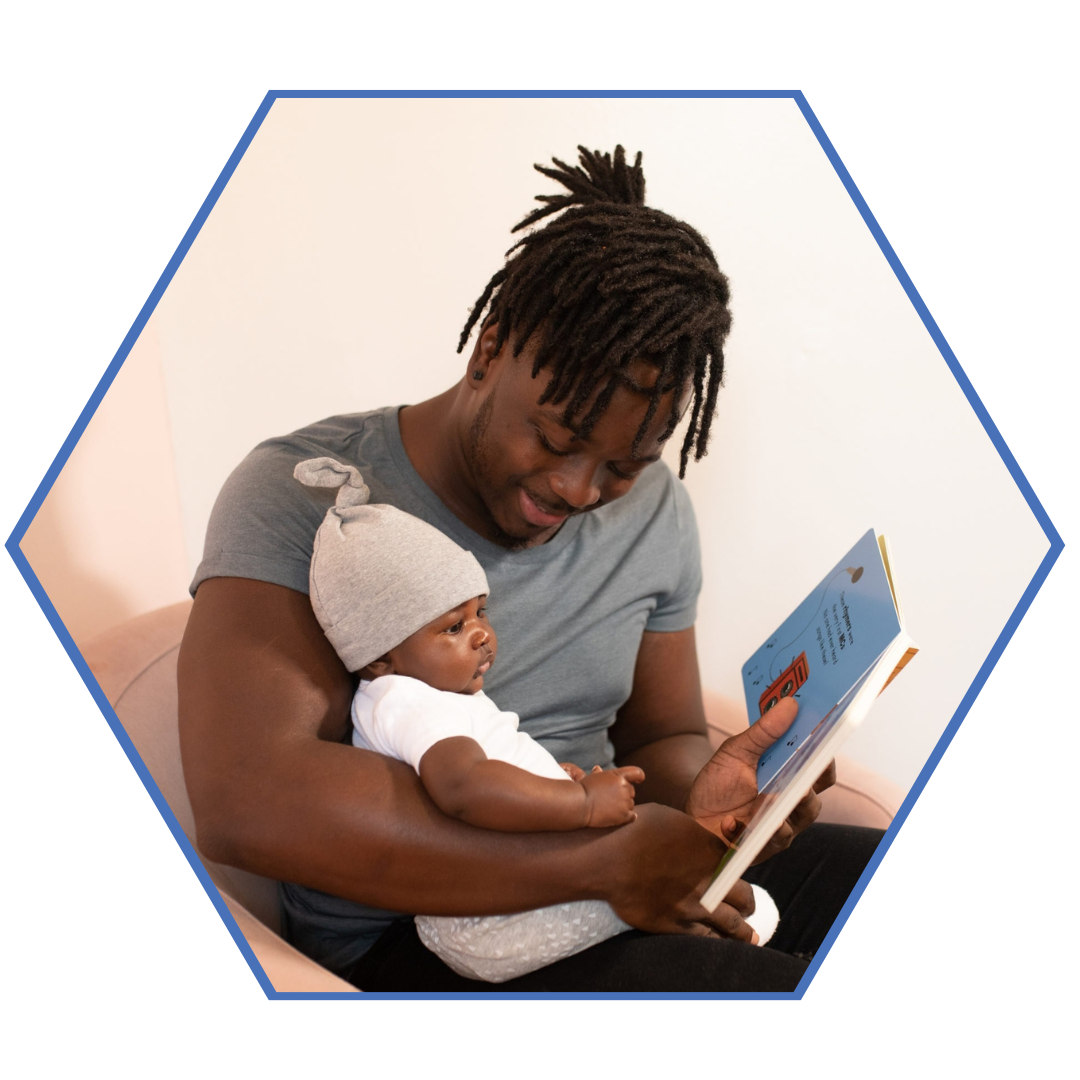
The Connecting the Dots (CTD) Project
A Community-Engaged Project to Develop a Sustainable Approach to Improve Childhood Literacy and Family Economic Mobility in Fulton County.
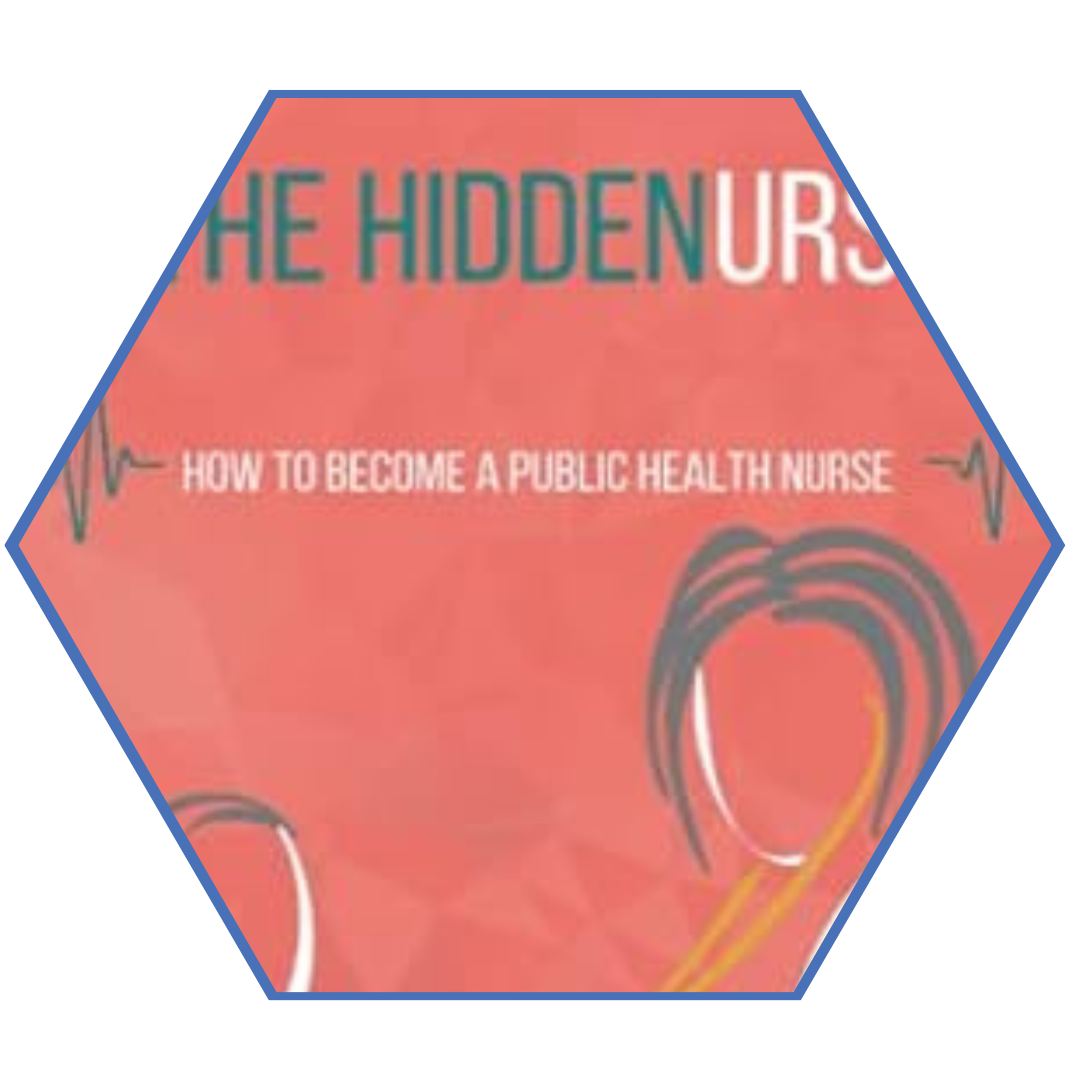
THE HIDDENURSE: How to Become a Public Health Nurse
The book, The Hidden Nurse: How to Become a Public Health Nurse is intended for individuals who want to know more about one of those hidden gems of nursing - public health.
Podcast Episodes
- The Nurses Station: a bi-weekly podcast for nurses and nursing students.
- Why Nurses Have Endless Possibilities with Dr. Carolyn Clevenger.
- Community engagement in research, the impact of elder care on caregivers, & Alzheimer’s research with Dr. Kalisha Bonds.
- Dr. Shawana Moore and other nursing leaders share stories of nursing resilience and how they’ll be celebrating #NursesWeek2022.
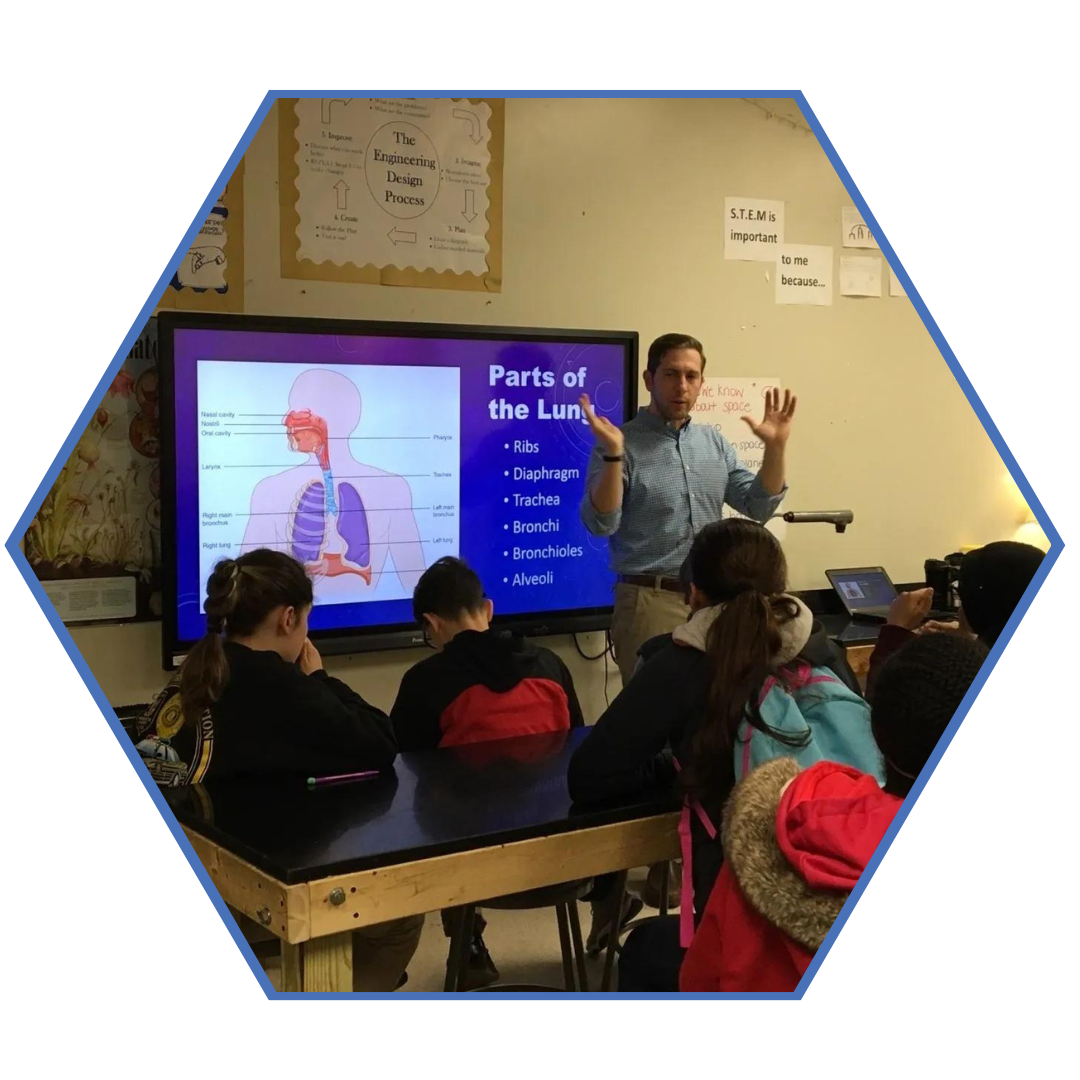
Lung Health Ambassador Program
The Lung Health Ambassador Program (LHAP) aims to inform young students about lung health and risk factors for lung disease. The program aims to build a culture of young students to better understand the impact their environment has on their health while equipping them with tools they can use and build upon.
Podcast Episodes
- Laura Paulin MD, MHS Podcast Episode
- BREATHE Center’s Investigator, Laura Paulin, MD, MHS, discusses the possible dangers of gas stoves.
- Meghan Davis, PhD, MPH, DVM Podcast Episode
- On episode 380 of the Public Health On Call Podcast, Meghan Davis, Phd, MPH, DVM, discusses how COVID-19 may be impacting animals around you.
- Meghan Rebuli, PhD Podcast Episode
- Meghan Rebuli, PhD, discusses her research on the relationship between e-cigarette use and your body’s immune response to the flu on episode 18 of the Lung Science Podcast.
- Panagis Galiasatos, MD, MHS Podcast Episode
- On episode 111 of the Panagis Galiasatos, MD, MHS, discusses how faith leaders and their communities can play a role in public health initiatives.
- Dr. Bill Nelson and Dr. Stacy Cooper Podcast Episode
- Dr. Bill Nelson and Dr. Stacy Cooper speak about pediatric leukemia on this episode of Cancer Matters.

Newsletters
A list of the Center's past monthly newsletters.
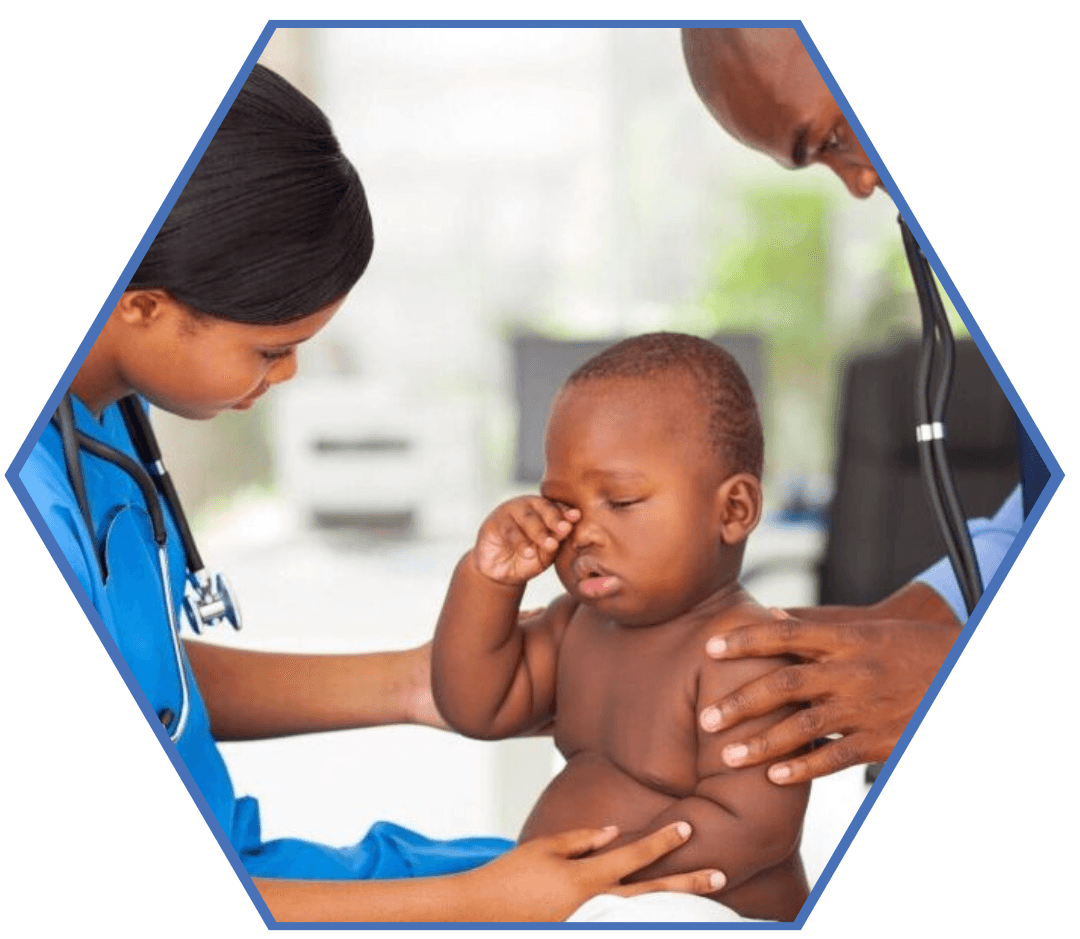
Regional Consultations on Environmental Health
Consultations for clinicians caring for patients with lead poisoning and environmental health issues.
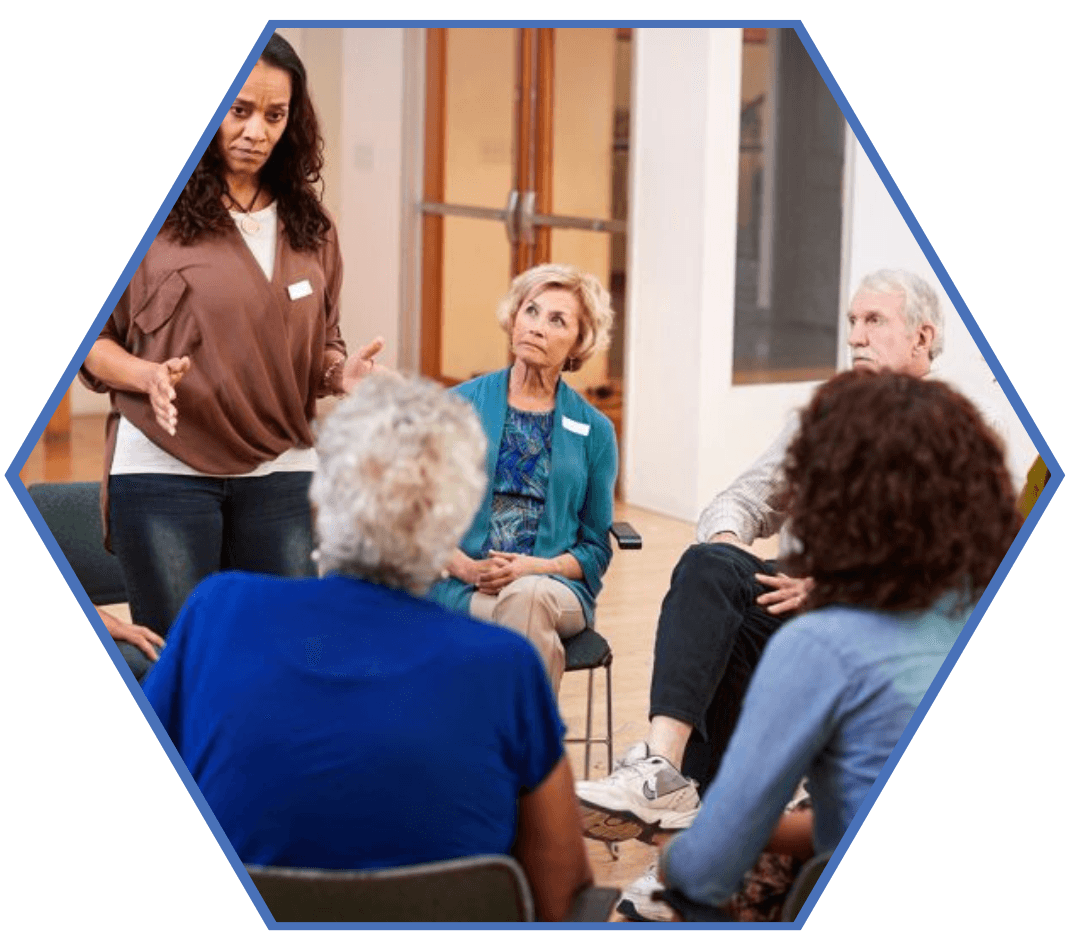
Community Children’s Environmental Health Program
Mentoring and training for new and emerging children's environmental health researchers.
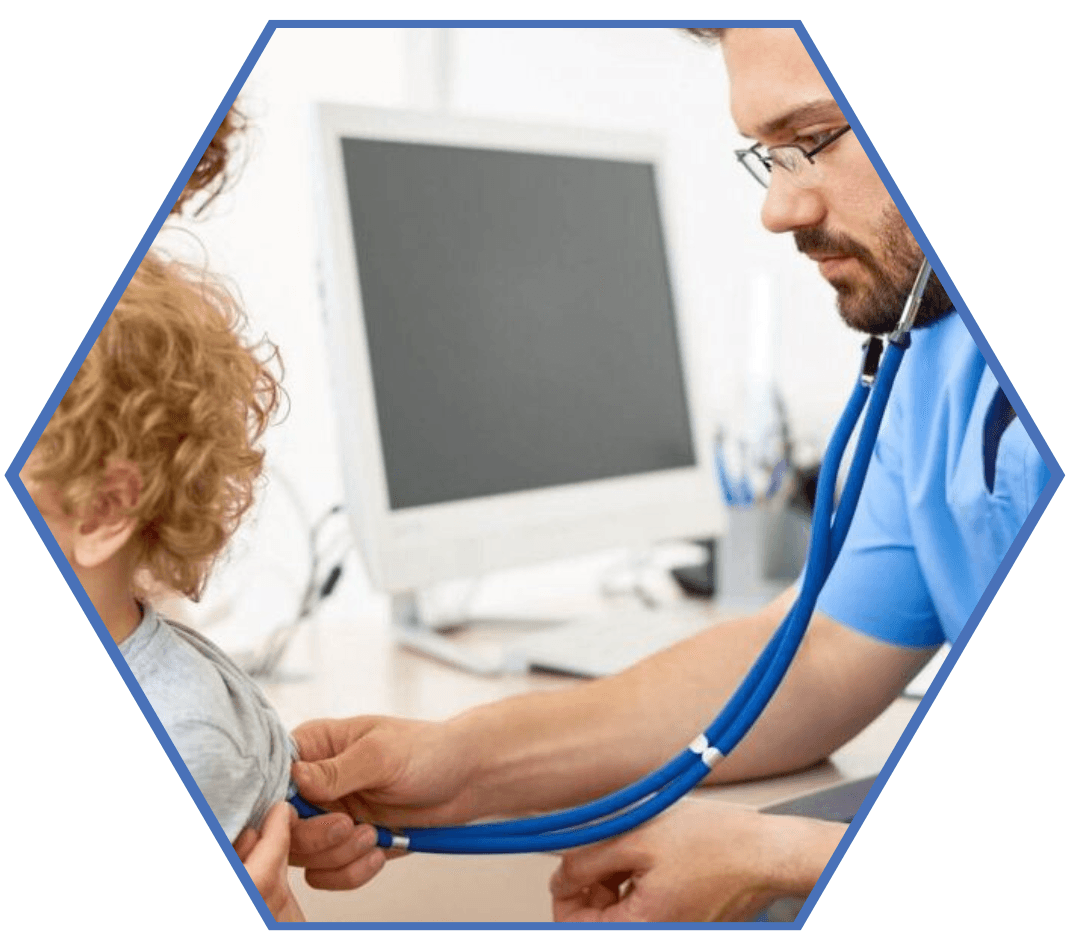
Prescriptions for Prevention Program
This program screens patients for environmental risks and automatically provides them and their healthcare providers with printed counseling materials.
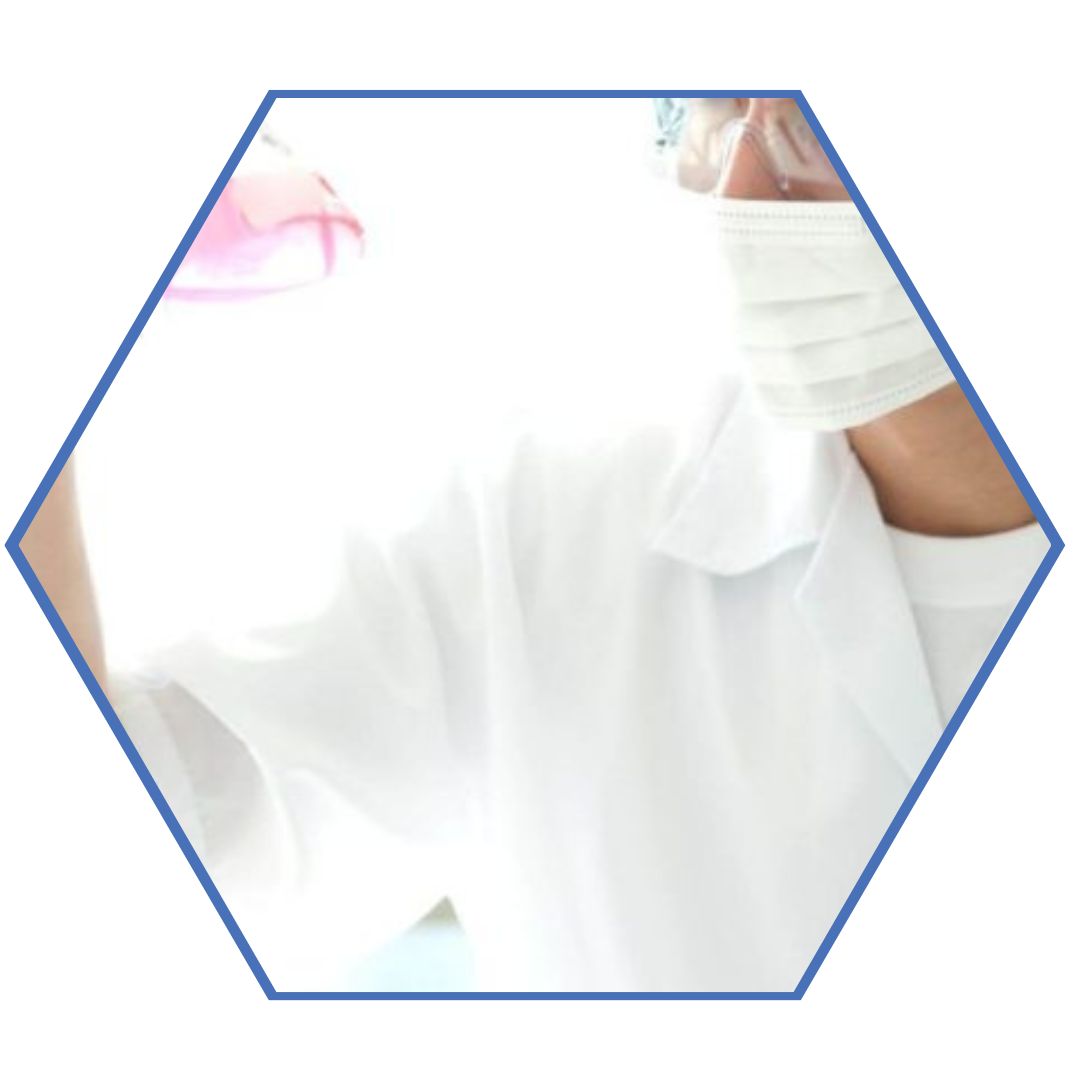
Workshops and Continuing Education for Researchers
This program offers workshops and continuing education courses for early-stage investigators and researchers to enroll in.
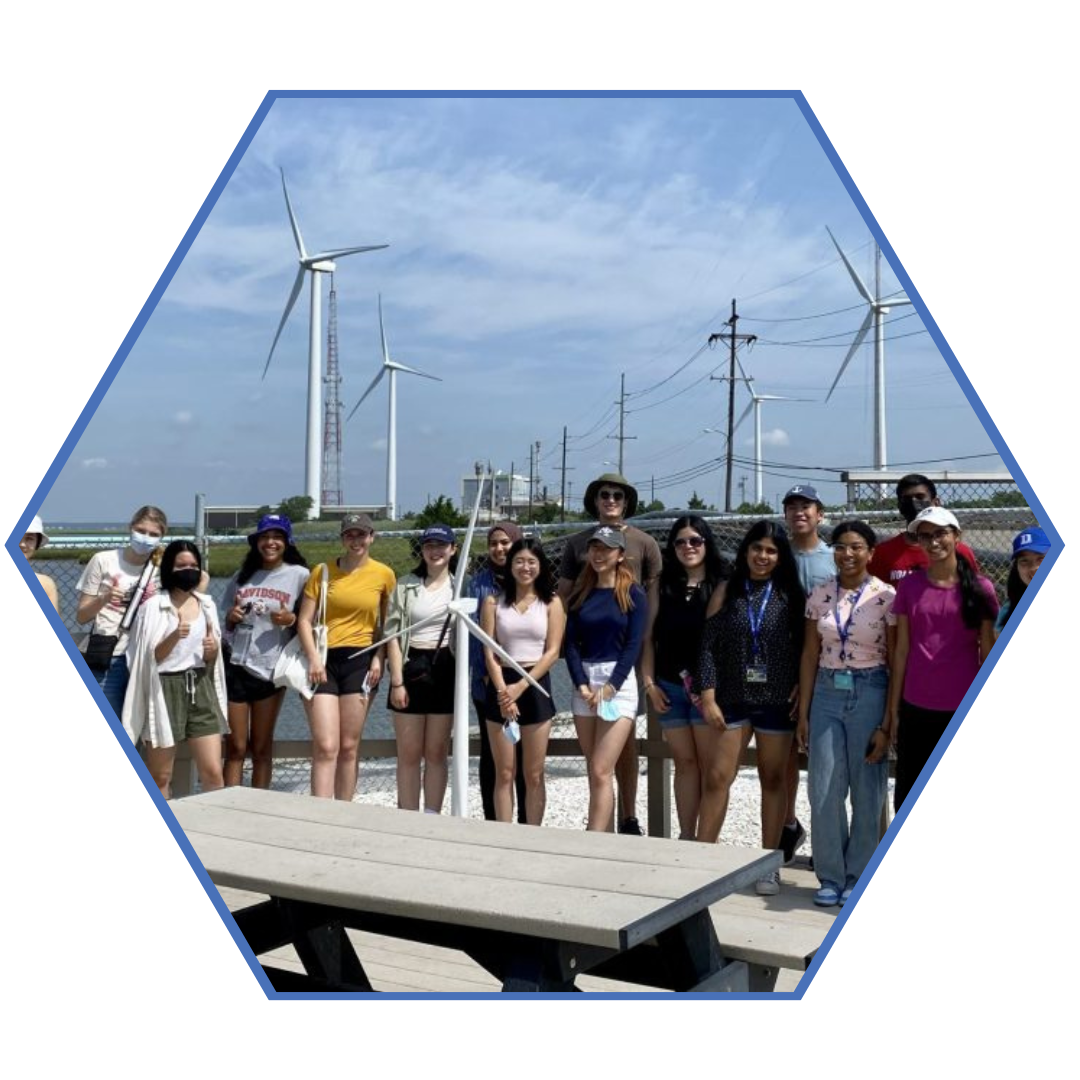
Short Term Educational Experiences for Research in Environmental Science (STEER)
This program is an NIEHS-funded program of coursework, field experience, and mentorship for K-12 science teachers. Through seminars, research, and one-on-one mentors, undergraduate college students and teachers. can expand their knowledge and curriculum capacity in children's environmental health.
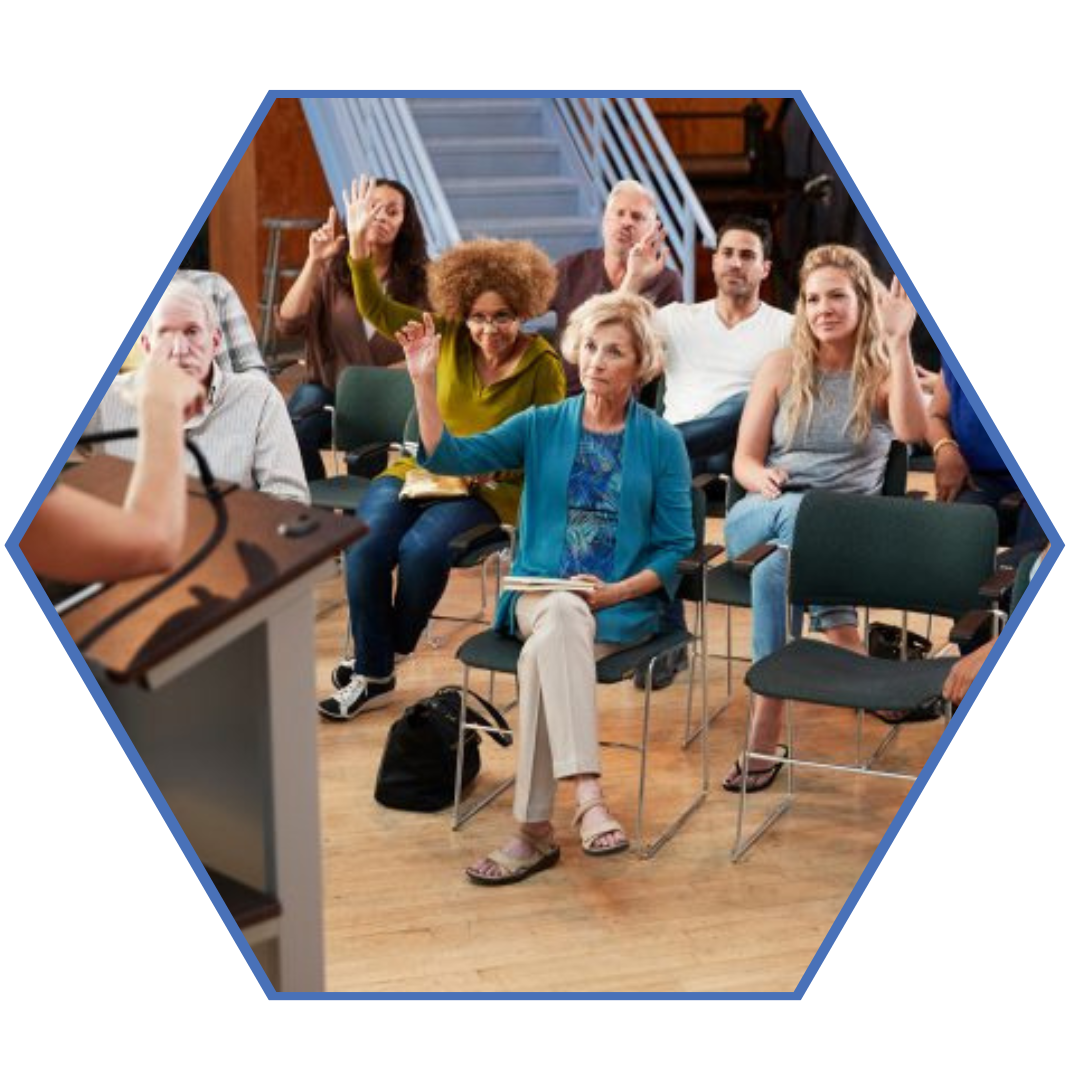
Teachers Institute of Philadelphia Environmental Health Curriculum
This program at the University of Pennsylvania enables public school teachers from around Philadelphia to enroll in semester-long seminars taught by university professors. The goal is to enhance teachers' knowledge base through university-level study after school.
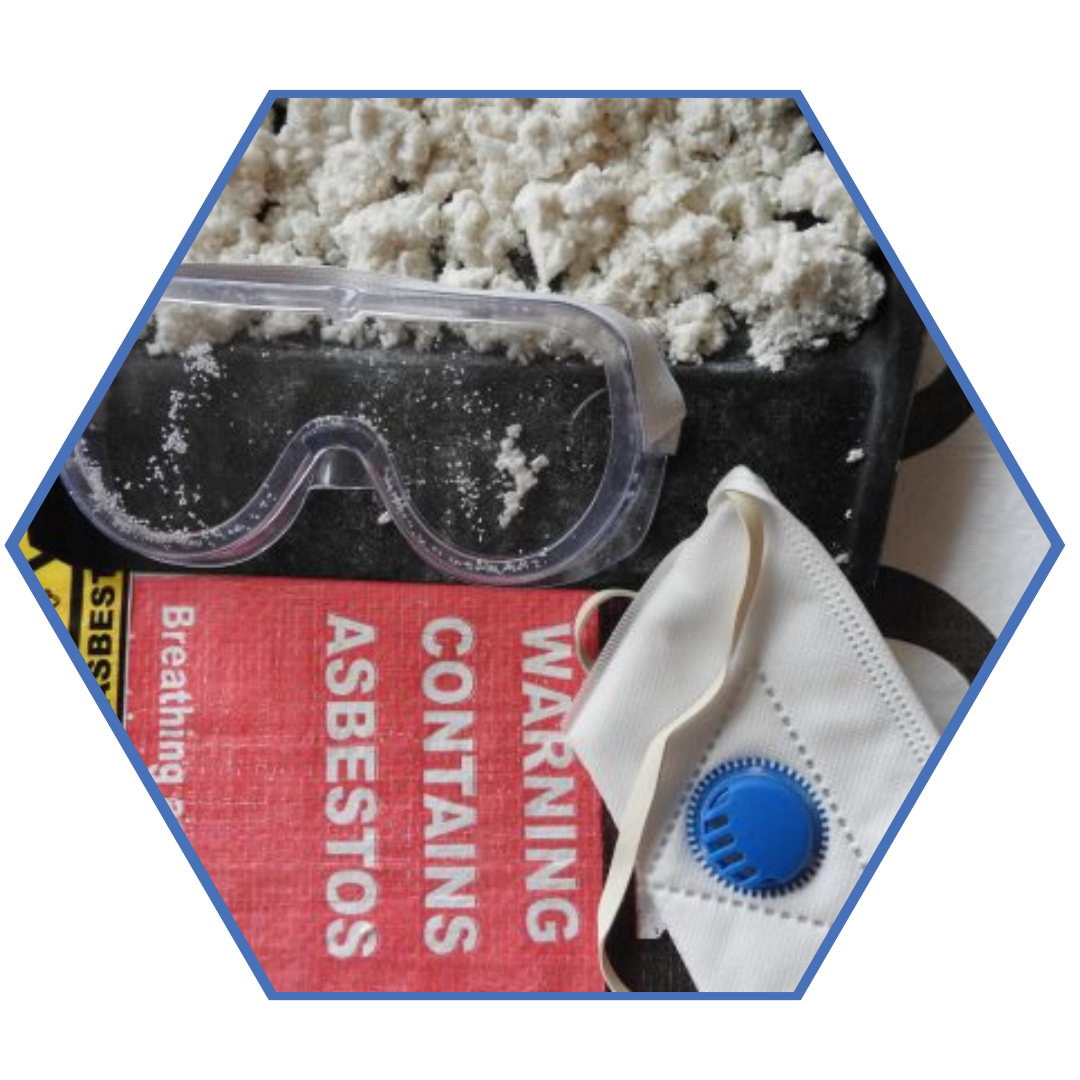
Hazard Assessments for Asbestos in School
In partnership with the Philadelphia Healthy Schools Initiative and PennEnvironment, the Center has designed a program to use federally required Asbestos Hazard Emergency Response Act (AHERA) reports on the condition of asbestos in each school and analyze the hazard that it poses.

Academy for Environmental Exposure Reduction
In this 8-week Saturday morning program, 12 high school students will learn about how EDC research and how they can select safer personal care products. Participants will collaborate with University of Pennsylvania researchers, learn how to read labels and study the impacts of EDCs on human health.
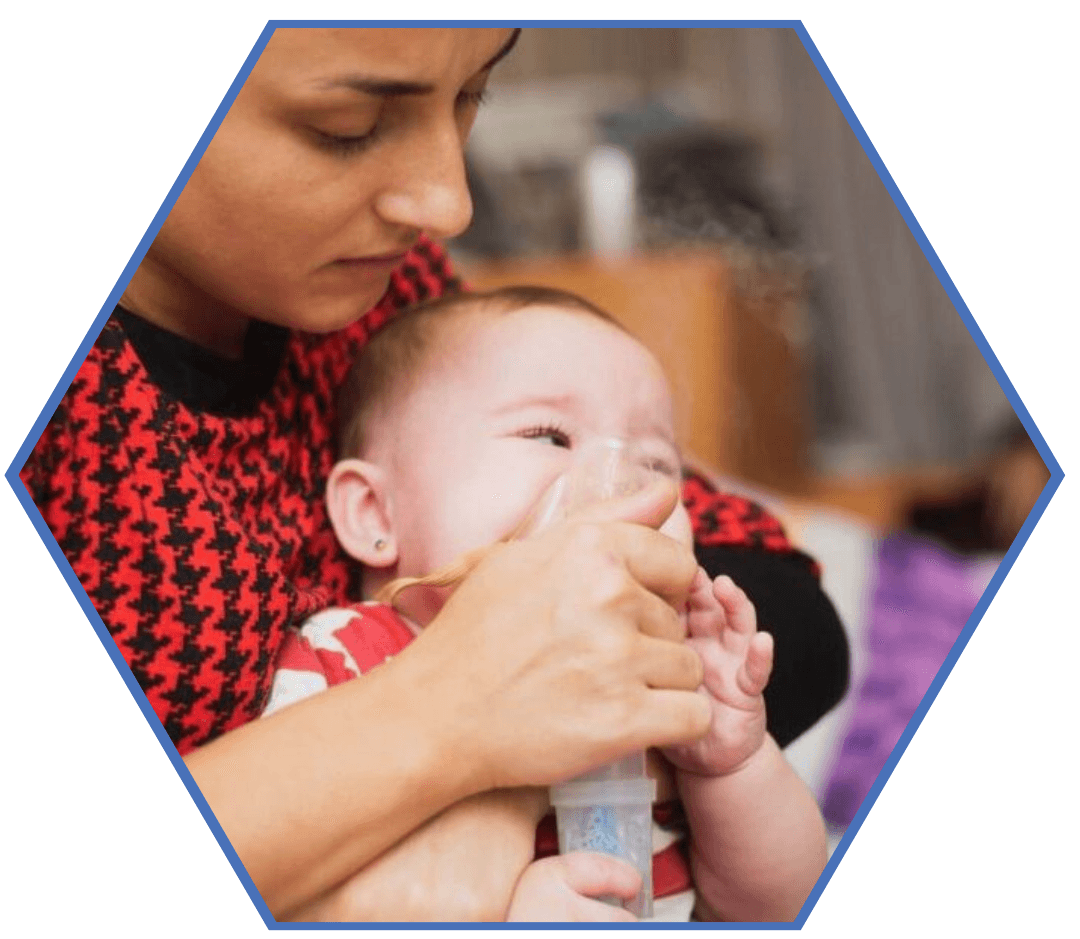
Chester Community Asthma Prevention Program
The CAPP program provides direct intervention for families to reduce childhood asthma in Chester, PA.


